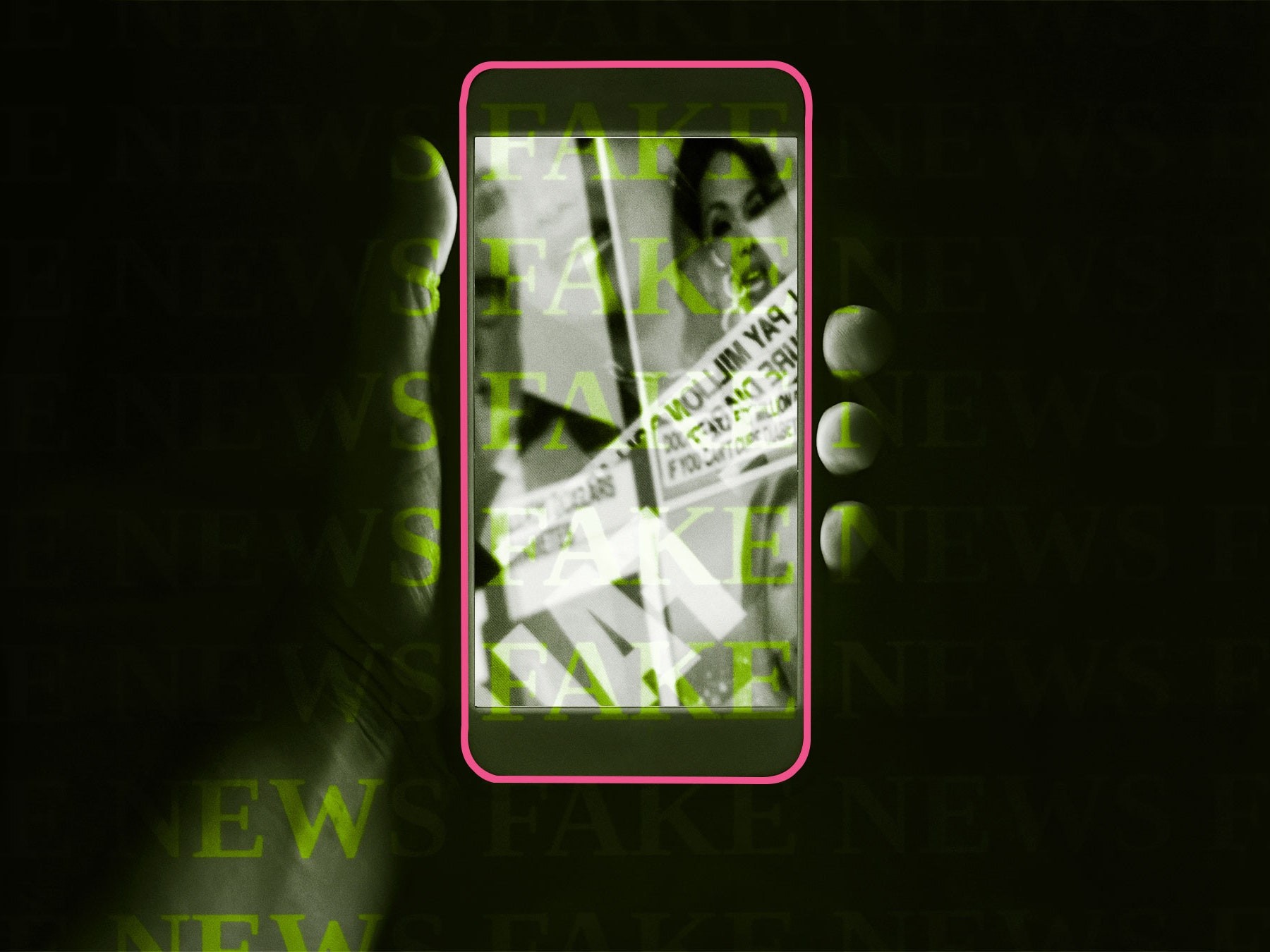
In an era where our lives are increasingly digitized, a looming crisis threatens to erase our collective memories. As we entrust our most precious moments to the cloud, a sobering question arises: What happens when the digital platforms we rely on disappear?
The Fragility of Digital Memories
Consider a cherished photo of a child's first encounter with grass, captured on a digital camera and now residing in Google Photos. While convenient, this storage method is far from permanent. Unlike physical photo albums that can survive decades, our digital archives are at the mercy of ever-changing technology and corporate longevity.
The contrast is stark. Previous generations preserved memories in tangible forms - printed photographs, handwritten letters, and physical mementos. Today, we generate vast amounts of digital content, from smartphone photos to social media posts. But this abundance comes at a cost: increased vulnerability to loss.
The Vanishing Act of Digital History
Alarming precedents highlight the fragility of our digital heritage:
- MySpace inadvertently deleted years of user-uploaded content
- Entire Usenet newsgroups, home to early internet discussions, have disappeared
- MTV News archives, containing over two decades of music journalism, vanished overnight
These incidents serve as a wake-up call, prompting archivists worldwide to take action.
The Race to Preserve
Across the globe, dedicated professionals are working tirelessly to safeguard our digital legacy:
Web scraping: Archivists are frantically capturing at-risk websites and data collections before they disappear forever.
Long-term storage solutions: Researchers are developing innovative methods to store digital information in formats designed to withstand the test of time, potentially lasting centuries.
Navigating the Digital Preservation Dilemma
As we grapple with this monumental task, several critical questions emerge:
- How do we determine what's worth saving?
- What criteria should guide our preservation efforts?
- How can we ensure future generations can interpret and understand the data we manage to save?
Cultural anthropologist Genevieve Bell aptly summarizes the challenge: "How do you make sense of what's left? And then how do you avoid reading it through the lens of the now?"
A Call to Action
The digital apocalypse may be approaching, but it's not inevitable. By raising awareness, supporting archival efforts, and rethinking our approach to digital preservation, we can work towards a future where our online lives and memories remain accessible for generations to come.
As individuals, we can start by diversifying our storage methods, regularly backing up important data, and considering the long-term accessibility of the platforms we use. On a broader scale, supporting initiatives focused on digital preservation and advocating for policies that prioritize the longevity of our digital heritage are crucial steps.
The battle to rescue our digital future is underway. It's time for all of us to join the fight.